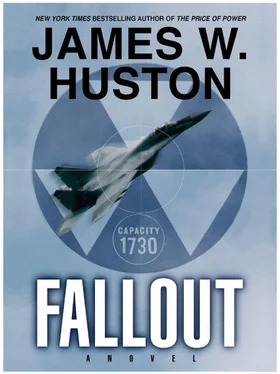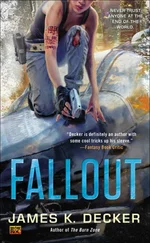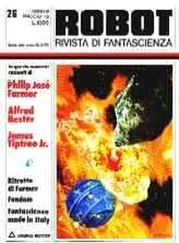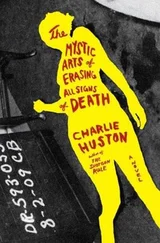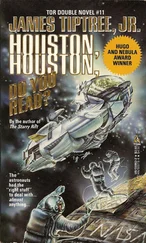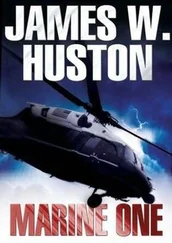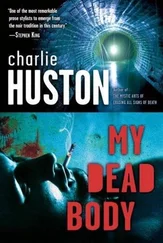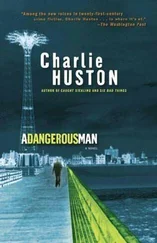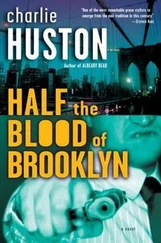The Captain didn’t want them opening the planes at all. She unfolded her arms and began walking quickly toward Vlad.
Suddenly there was an electrical noise as the canopy opened. The Captain saw Vlad grinning as the canopy on the second MiG started up toward the sky.
Before she could say anything, Vlad had scrambled up the side of the MiG with Luke right behind him.
“Run interference for us, Thud,” Luke said.
Thud intercepted the Captain with his hands up. “They just want to take a look,” he said.
She hadn’t been prepared for this at all and wasn’t sure if it was even allowed. She wanted this visit to be as uneventful as possible, a “nonevent,” as she wanted to describe it to her boss. But now it was an event.
Vlad didn’t even hesitate. He climbed into the cockpit with a knowing, fluid motion that Luke knew could come only from hundreds of repetitions. His hands quickly dashed around the dusty cockpit, reveling in the familiar sensations and appearance.
Luke followed him up the ladder and looked over his shoulder. “What do you think?” he asked, full of hope and expectation.
Vlad smiled. “Compared to your multifunction displays, not fancy. But it will work. They have all their instruments—radar, weapons wiring, everything. And look here,” he said, pointing to the weapons panel.
“What?” Luke asked.
“Nuclear capable. These C models are wired to carry nuclear weapons.”
“Holy shit,” Luke said, looking down at the nervous Captain, who was deep in conversation with Thud and glancing their way. “Do you think that will make it harder?”
“No, it makes no difference,” Vlad said, running his hands over the stick, the throttle, and the innumerable switches throughout the cockpit. He looked at Luke. “Unless you have some nuclear weapons.”
“Not yet,” Luke said, smiling.
Luke’s eyes raced from one instrument to the next. He’d seen pictures of MiG-29 cockpits before, but had never studied them to learn specific instrument locations. The Cyrillic notations on the glass gauges threw him. He thought he could probably guess what each instrument was—which was the airspeed indicator, which was the engine temperature, the fuel flow, the accelerometer. But he wasn’t sure. He wouldn’t want to climb into the plane right now and try to fly it. He realized that getting accustomed to this plane would be a longer process than he had anticipated.
“Will it fly?” Luke asked.
“Don’t know,” Vlad answered. “Depends more on the engines.” Vlad started to get out of the cockpit, and Luke backed down the ladder to the tarmac. Vlad made straight for the nosewheel well, stood up inside it, and took out a small notebook and pencil. He wrote down the airplane’s identification number and ducked out of the wheel well. Luke watched Vlad head for the engine intake. Luke climbed back up and sat in the cockpit. He held the stick and studied the buttons all over it. He put his left hand on the throttles of the two powerful but cold engines. He found the lever to allow him to adjust the location of the rudder pedals and moved them back until they were at a comfortable distance. He looked at Vlad’s Taurus through combining glass HUD—the Heads-Up Display—and smiled. He felt more comfortable in the cockpit of a fighter than anywhere else in the world. It was where most of what he thought and cared about came together.
“Sir,” the Captain cried up to him with a hint of distress.
“Yeah?” Luke replied.
“I really don’t think we’re supposed to be in the cockpits…”
“I’ll be right down,” he said as he tried to memorize the cockpit and its instruments. He waited as long as he could and still be responsive to her. He climbed out and removed the ladder. Vlad closed the canopy.
“What do you think?” Thud asked.
“I think they’ll work,” Luke said enthusiastically.
“For what?” the Captain asked, deeply confused and a little concerned.
“Sorry, that’s classified,” Thud said in dead earnest, before Luke could say anything.
“Oh,” she said, disappointed. “Have you seen enough?”
“We’d like to see all of them,” Luke answered.
“I can’t let you open the cockpits,” she said.
“That’s fine,” he replied. He smiled as he saw Vlad behind her. He’d taken a special tool out of his pocket, opened the engine-access compartments, and was copying down serial numbers from the engines.
They spent the next hour examining the entire group of MiGs, with Vlad writing down all the identifying information he could find.
“You get enough?” Luke asked.
“Never,” Vlad answered as he climbed into the backseat of the Taurus and put his small notebook down next to him. “Can’t get into rest of cockpits? Why not? She should be Russian officer. Stupid rules for no reason. That is what I’m trying to get away from.”
“I like your spunk,” Luke said as he glanced at Vlad in the mirror.
“What is spunk?”
“Determination, sort of, but with a confident… I don’t know… independence, I guess.”
Vlad was silent as he considered whether he understood the word or how someone might consider him independent. “Coffee,” he suddenly said. “I need strong, thick coffee, and we will talk about the airplanes.”
“You got it,” Luke said as he watched for a place to stop. He saw a McDonald’s ahead and pulled into the parking lot.
They sat in a booth. Vlad took a sip of McDonald’s coffee and frowned. “This is coffee?”
“Sort of. How long you been with MAPS?”
“Not long. I retired from Russian Air Force just three weeks ago. I got this job with MAPS right away and moved to Germany. Very lucky. Very hard job to get. I have many hours and much maintenance experience. When I got there, they told me about this. I was very interested. They told me to do work on it.”
“What do you think?” Luke asked.
“About coffee? Is terrible.”
“No, the MiGs.”
“I need to see maintenance records. I need to see how much hours are on the engines. They don’t last that long. Russian engines run very hot. But if engines work good, I think they will do.”
“Did you get the numbers?”
“Yes. We will be able to reconstruct the entire history of the airplanes. We keep track of all MiG-29s in the world. We keep duplicate maintenance records for all planes so we can track failures and times. No question,” he said, downing another deep gulp of the hot coffee. He looked at the serial numbers. “I am afraid of many of the engines. They are old numbers and may not have too much hours left on them. You make sure in planning you have money for many engines. They only fly four hundred hours before need overhauls.”
Luke frowned. “When the U.S. bought these planes from Moldova, they bought the spare parts, too. I hope there are also some spare engines.”
“Yes, there are. But you will need more.”
“Where are we going to get extra engines?”
“ I get them. You pay for them, but we can get you anything. You forget that MAPS is half Russian. Owned by company that makes MiGs. They want to sell lots of parts. They make them, so we can buy them. You just have to be able to buy them.”
“I need you to do some things for me.”
Vlad looked across at him. He glanced down at his grubby little notebook with Russian writing and numbers in it. “Anything.”
“I need an estimate of the costs of refurbishing the MiGs, bringing them up to NATO specs, and the expected cost of maintenance for five years on an annual basis.”
“Yes, yes,” Vlad said as he wrote in his notebook with a stubby pencil, the kind one might find at a golf course.
“And then, if you can, I need an estimate for MAPS to train Thud and me to fly the MiG-29, in Germany or Russia or wherever.”
Читать дальше
